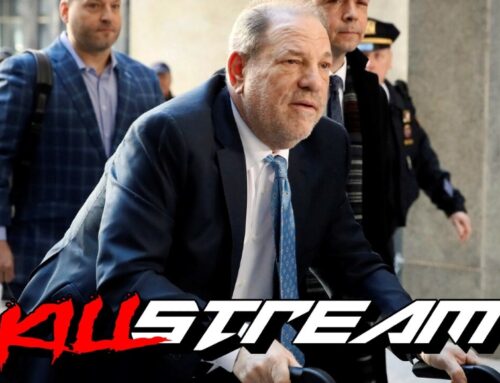UN passes resolution urging Israel to pay Lebanon $850mn over oil spill
The United Nations General Assembly Second Committee has overwhelmingly approved a draft resolution that urges Israel to pay Lebanon over $850 million in compensation for a major oil spill during the regime’s 2006 war on the Arab country.
The committee passed the draft titled “Oil slick on Lebanese shores” in a recorded vote of 158 in favor and 9 against, with 6 abstentions.
The motion, submitted by Palestine on behalf of the Group of 77 developing countries and China, called on Israel to assume responsibility and promptly compensate Lebanon and Syria for damage and the costs of repairing the environmental disaster caused by the regime’s bombing of the Jiyeh power station south of Beirut in mid-July, 2006.
Damaged tanks at the power plant leaked up to 30,000 tonnes of oil into the eastern Mediterranean Sea. A 10-kilometer-wide oil slick also covered the entire Lebanese coastline and parts of the Syrian shore and threatened Turkey and Cyprus.
Speaking after the vote, Lebanon’s representative to the assembly said the approval of the resolution affirmed the international community’s will to uphold international law and the UN Charter.
The resolution directed Israel to respond with prompt and adequate compensation to the affected countries.
It further requires Lebanon to continue to mobilize resources and legal means to ensure that the compensation is paid in full.
The compensation was estimated at $856.4 million in 2014, but Lebanon reserves the right to accrue interest after that date.
Israel launched two wars on Lebanon in 2000 and 2006, in both of which the Hezbollah resistance movement inflicted heavy losses on the regime’s military. Israeli officials have even threatened a third war on the country.
Israel and Lebanon have further been engaged in a maritime dispute over oil and gas exploration in the eastern Mediterranean.
There is also another rift between the two sides over Israel’s occupation of Shebaa Farms, a small strip of land at the intersection of the Lebanese-Syrian border and the Golan Heights.







Leave A Comment
You must be logged in to post a comment.